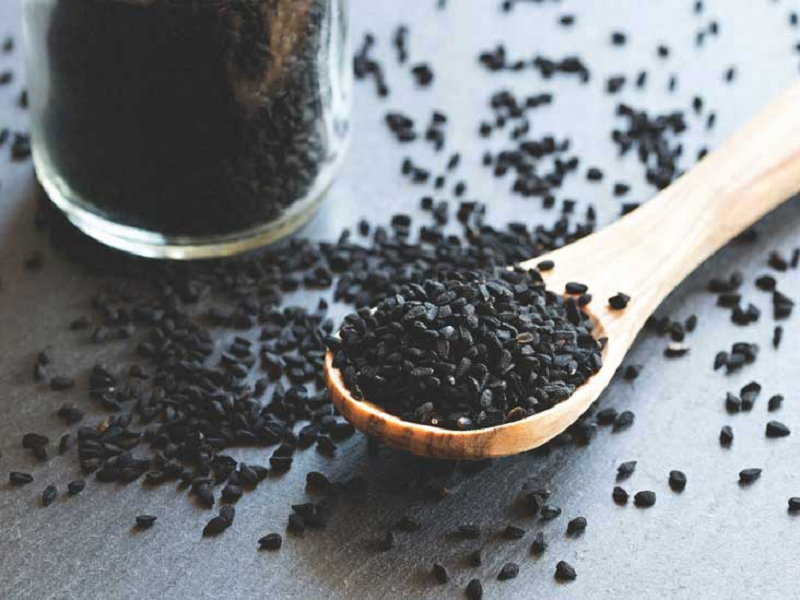The month of April has started. The weather is changing, the day's sunlight has now started stinging people. Keeping in mind the scorching sun and hit a wave, the government has issued an advisory, in which people have been suggested to take some precautions. In this advisory, children, adults, and working employees have been advised to avoid heat waves. Let us know better in this article what should be done and what should not be done to avoid heat waves. First of all, let us know what should be done.

Do not let there be a lack of water in the body (Stay hydrated)
Don't wait to feel thirsty, rather drink adequate amounts of water whenever possible. Keep a water bottle with you while going out. Consume homemade beverages, such as lemonade, buttermilk/lassi, and fruit juices mixed with salt. Oral rehydration solution (ORS) can also be consumed. Include seasonal fruits and vegetables like watermelon, melon, orange, grapes, pineapple, cucumber, lettuce, etc. in your daily diet, they contain high water content.
Stay covered
Wear thin, loose, and light-colored cotton clothes. Cover your head before going out in direct sunlight. Use umbrellas, hats, caps, towels, or other traditional hats.
Wear shoes or slippers while going out in the sun.
Stay alert
Listen to the radio, watch TV, or read the newspaper for local weather information. Get the latest weather information on the India Meteorological Department (IMD) website https://mausam.imd.gov.in/.
Stay in ventilated and cool places.
Avoid direct sunlight and heat indoors: Keep windows and curtains closed during the day, especially in sunny parts of the house. Let the cool breeze come in by opening the windows at night.
If it is necessary to go out, then go out only in the cool time of morning or evening.
What not to do
Avoid harsh sunlight: Avoid going out, especially between 12 noon and 3 pm.
Reduce hard work in the sun: Do not do strenuous work outside in the afternoon.
Do not walk barefoot: Wear shoes or slippers in the sun or on hot ground.
Caution while cooking: While cooking in the afternoon, open the kitchen door and windows, this will keep the kitchen ventilated.
Pay attention to food: Avoid eating high protein and stale food. Include a balanced diet in daily life.
Which diseases are at risk due to heat waves?
Normally your normal body temperature should be between 36.4°C to 37.2°C (97.5°F to 98.9°F). Strong sunlight or living in a very hot environment can cause heat stress, which can lead to many heat-related diseases. These diseases can range from mild to serious, such as rashes, swelling in hands and feet, muscle cramps, unconsciousness, and weakness. Heat stress can also cause many serious diseases like kidney-related or heart-related diseases.
Symptoms of heat stroke: dizziness, nervousness, vomiting, severe headache, excessive thirst, less urination and dark yellow color of urine, rapid breathing and increased heartbeat.
But when the condition progresses due to heatstroke, the risk of heatstroke increases. Heat stroke is a medical emergency; adults and children may show different symptoms. In such a situation, contact the doctor immediately.
(PC: Freepik)










